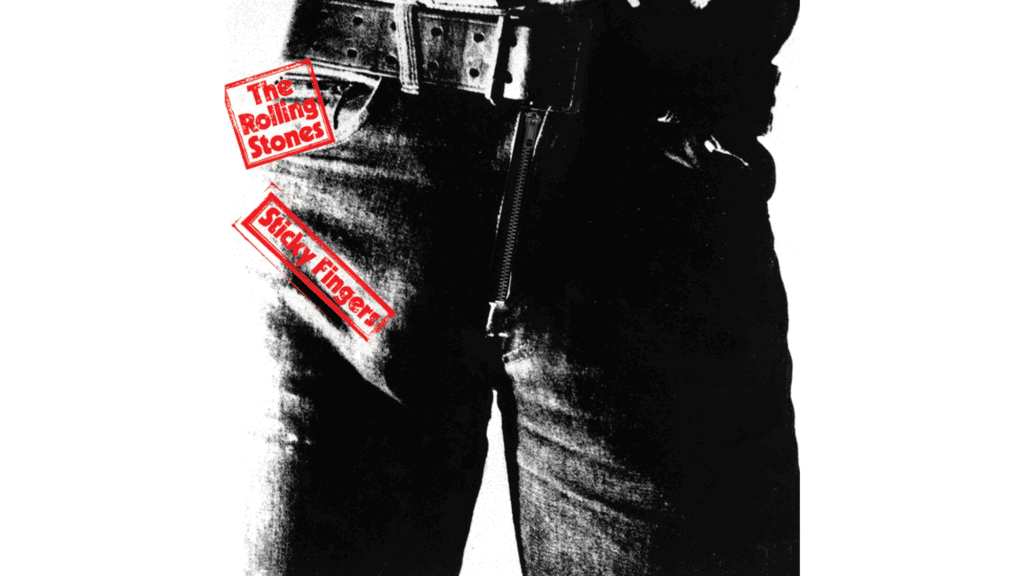In the rarefied air of luxury real estate, the journey to property ownership transcends the mere exchange of funds for square footage. It’s an intricate dance of exclusivity, prestige, and unparalleled living experiences.
The world of high-end real estate is a realm where dreams materialize into architectural marvels, privacy is paramount, and the concept of home extends far beyond four walls and a roof.
For those with the means and the vision, navigating this gilded landscape requires finesse, insider knowledge, and a keen understanding of the forces that shape the upper echelons of the property market.
The Evolving Face of Luxury
The definition of luxury in real estate is ever-changing, influenced by global trends, technological advancements, and shifting priorities among the world’s elite. Today’s luxury homebuyers are no longer simply seeking spacious mansions with opulent finishes. They’re pursuing properties that offer a holistic lifestyle experience, combining cutting-edge technology, sustainable design, and amenities that cater to their every whim.
Smart home systems have become de rigueur, with AI-powered assistants managing everything from climate control to security. Wellness features such as indoor air purification systems, circadian lighting, and at-home spa facilities are increasingly common. The pandemic has also reshaped priorities, with dedicated home offices, gyms, and entertainment spaces becoming essential rather than optional.
Moreover, luxury has expanded beyond the physical structure to encompass the surrounding environment. Proximity to nature, breathtaking views, and access to exclusive communities are now integral to the luxury real estate equation. Properties that offer a sense of escape and privacy, whether perched on a clifftop overlooking the ocean or nestled in a secluded mountain valley, are commanding premium prices.
The Art of Discreet Transactions

One of the hallmarks of high-end real estate transactions is discretion. Many luxury properties never appear on public listings; instead, they change hands through whisper networks and private deals. This shadow market, known as “pocket listings” or “off-market properties,” adds an element of intrigue and exclusivity to the buying process.
Navigating this hidden world requires connections and a trusted network of real estate professionals specializing in luxury properties. These agents often act as gatekeepers, vetting potential buyers for their financial qualifications and suitability to join exclusive neighborhoods or buildings.
For sellers, this discreet approach offers several advantages. It allows them to maintain privacy, avoid the scrutiny of public listings, and often result in a more streamlined selling process. For buyers, it allows them to access properties before they hit the market, potentially securing a dream home without the competition accompanying public listings.
The Role of Global Economics
The luxury real estate market is inextricably linked to global economic trends. Fluctuations in currency values, changes in international tax laws, and geopolitical events can profoundly impact where the world’s wealthy choose to invest in property.
Cities like London, New York, and Hong Kong have long been bastions of luxury real estate, attracting international buyers looking for safe havens for their wealth. However, emerging markets and “lifestyle cities” are increasingly drawing attention. Places like Miami, Dubai, and Sydney are seeing surges in luxury property investments driven by favorable tax regimes, high quality of life, and robust economic growth.
Understanding these global dynamics is crucial for buyers and sellers in the luxury market. A property’s value is no longer determined solely by its physical attributes but by its position within the global network of elite destinations.
The Financing Frontier

Contrary to popular belief, not all luxury real estate transactions are all-cash deals. Regardless of their net worth, many buyers often leverage sophisticated financing strategies to optimize their investments. This is where various lending options come into play.
Traditional banks, credit unions, and online lending platforms play a role in the real estate market. Companies like CreditNinja, for instance, are part of the evolving landscape of financial services, offering solutions that cater to a wide range of borrowers in the property market.
These platforms understand the complexities of real estate transactions and can provide loans that take into account diverse financial situations and property requirements.
The ability to secure flexible, customized financing can be a game-changer in the competitive real estate market, including the luxury segment. It allows buyers to move quickly when opportunities arise without liquidating other investments or disrupting their overall financial strategies. For sellers, working with buyers who have access to efficient lending options can lead to smoother transactions and faster closings.
The Sustainability Paradigm
A growing trend in luxury real estate is the emphasis on sustainability and eco-friendly design. Far from being a compromise, sustainable luxury has become a selling point in itself. High-end buyers are increasingly seeking properties that combine opulence with environmental responsibility.
This shift is manifesting in various ways. Solar panels, geothermal heating systems, and state-of-the-art water recycling facilities are becoming common features in luxury homes. Architects and developers are incorporating biophilic design principles, creating spaces that connect occupants with nature and promote well-being.
Moreover, the provenance of materials used in construction and furnishings is being scrutinized. Ethically sourced, sustainable materials are replacing traditional luxury finishes. Reclaimed wood, recycled metals, and locally quarried stone are being used to create unique, environmentally conscious living spaces that don’t compromise style or comfort.
The Experience Economy

In the world of luxury real estate, the concept of home has expanded to encompass experiences beyond the property lines. High-end developments are increasingly offering lifestyle packages along with their residences.
These might include memberships to exclusive clubs, access to private jets or yachts, or concierge services that can arrange everything from private concerts to celebrity chef dinners.
This trend reflects a broader shift in the luxury market towards experiential value. For many affluent buyers, the appeal of a property lies not just in its physical attributes but in the lifestyle it enables.
Homes are seen as gateways to experiences, whether that’s heli-skiing from your mountain retreat or accessing a network of like-minded individuals through your penthouse in a prestigious urban development.
The Tech Integration
Technology is reshaping luxury real estate in profound ways. Beyond the smart home features that have become standard, cutting-edge technologies are being integrated into high-end properties in innovative ways. Virtual and augmented reality are allowing potential buyers to tour properties remotely, experiencing spaces in immersive detail before ever setting foot on the premises.
Blockchain technology is also making inroads, offering new ways to verify property ownership and facilitate secure, transparent transactions. This is particularly relevant in the international luxury market, where cross-border purchases are standard, and the need for safe, efficient processes is paramount.
Moreover, data analytics are providing unprecedented insights into market trends, allowing buyers and sellers to make more informed decisions. Predictive models can forecast property value appreciation, analyze neighborhood trends, and even suggest optimal times for buying or selling based on many factors.
The Future of Luxury Real Estate
As we look to the future, the luxury real estate market is poised for continued evolution. The definition of luxury will likely continue to shift, with a growing emphasis on privacy, security, and personalized experiences. We may see the rise of “co-primary” residences, where affluent individuals maintain multiple primary homes tailored to different aspects of their lifestyles.
The impact of climate change could reshape the map of desirable locations, with resilient, sustainable properties in stable environments commanding premium prices.
At the same time, advancements in construction technology might enable luxury living experiences in previously inhospitable environments, from underwater residences to space habitats for the ultra-wealthy.





















